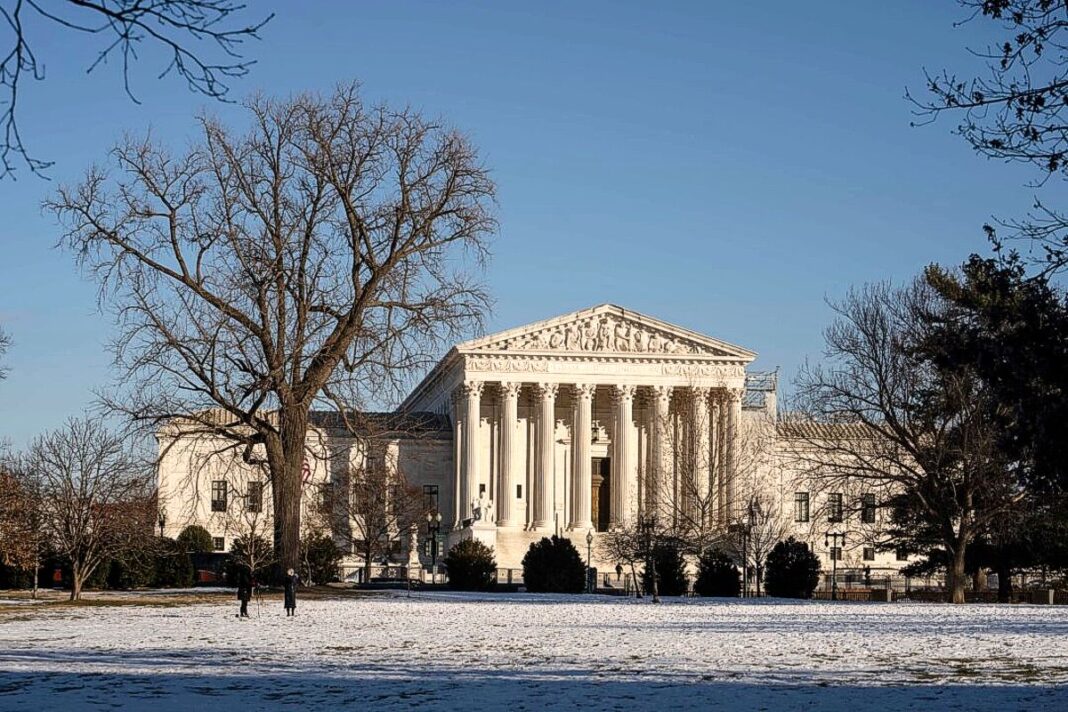The Fourth Circuit ruled against the parents last year, finding there was no evidence their constitutional rights were violated.
The U.S. Supreme Court on Jan. 17 agreed to hear a request from a group of Maryland parents to opt their young children out of having storybooks that promote LGBT lifestyles read to them.
The court granted the petition in Mahmoud v. Taylor in an unsigned order. No justices dissented, and the court did not explain its decision.
The petition was filed on Sept. 12, 2024, after the U.S. Court of Appeals for the Fourth Circuit turned away the parents’ request for an injunction to halt the Montgomery County Board of Education’s policy of promoting the books.
The case goes back to November 2022, when the board mandated new “LGBTQ-inclusive” storybooks for elementary school students that promote gender transitions, Pride parades, and same-sex romance between young children.
The board instructed employees responsible for selecting the books to use an “LGBTQ+ Lens” and to question whether “cisnormativity,” “stereotypes,” and “power hierarchies” are “reinforced or disrupted,” the petition said.
Parents were initially told they could opt out on behalf of their children when the storybooks were read, according to the petition. The board changed its policy in March 2023. Beginning with the 2023–2024 academic year, the opt-out policy would no longer be in effect.
“If parents did not like what was taught to their elementary school kids, their only choice was to send them to private school or to homeschool,” the petition said.
Hundreds of parents, largely Eastern Orthodox Christians and Muslims, showed up at board meetings and testified that their respective religions required that young children not be exposed to instruction on gender and sexuality that was inconsistent with their religion.
After “parents emphasized how impressionable young children are and how they lack independent judgment to process such complex and sensitive issues,” the board members accused parents of promoting “hate” and likened them to “white supremacists” and “xenophobes,” according to the petition.
The parents sued after the board declined to accommodate them, arguing that they had a constitutional right to opt out of such instruction.







